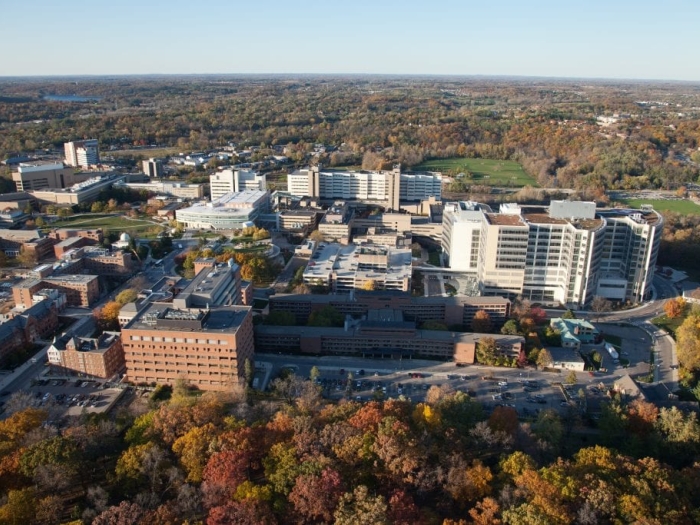Teens driving with teens: More than ½ of parents in a new national poll believe their teen has been in an unsafe situation riding with a teen driver.
Author |
It's a highly anticipated rite of passage for many high schoolers – finally getting to drive your friends around.
But having teens who carpool with peers can be a nerve-racking experience for many parents, with more than half in a new national poll saying their child has probably been in an unsafe situation as a passenger with a teen driver.
Parents’ top safety concerns include distracted driving caused by loud music (46%), a cell phone (42%) or other teens in the car (39%), according to the C.S. Mott Children’s Hospital National Poll on Children’s Health at the University of Michigan.
Some parents also noted unsafe conditions in which their teen rode with a teen driver who was speeding (45%), too tired to drive safely (14%) or impaired by alcohol or drugs (5%).
Despite such concerns, teens riding with teens is common. One in three parents say their teens are passengers with teen drivers at least once or twice a week.
“When teens start driving, there is rightfully a big focus on the safety of the drivers themselves,” says poll co-director and Mott pediatrician Gary Freed, M.D. “But our poll suggests that parents should play an active role in not only preparing teens to be safe drivers – but to be safety-minded passengers when riding with friends.”
The nationally-representative report is based on responses from 877 parents who had at least one child ages 14 to 18.
Many parents did report limiting their teen’s risk as a passenger with another teen driver, with over half saying they made this effort if there was bad weather (68%), after midnight (67%) or if the driver had less than six months of driving experience (53%.)
Parents also try to limit their teen riding with more than two other teens in the car (48%), after dark (45%) and on the highway (41%).
“Many parents recognize that teens’ minimal experience on the road is a disadvantage when there’s a change in driving conditions,” Freed says. “Some parents try to reduce their teens’ risks in potentially hazard situations, such as late nights or bad weather.”
Car crashes are the leading cause of death and injury for teens. More than half of teens who die in car crashes are not behind the wheel and their chances of being in a fatal accident are much higher when there is a teen driver, according to national statistics. Lack of experience can result in drivers not always reacting quickly to changes in road or driving conditions or paying as close attention to other cars or pedestrians as needed to stay safe, Freed says.
Freed encourages parents to talk to their kids about being responsible passengers. This could include offering to hold the driver’s phone, lower radio volume, ask the driver to slow down if necessary and even ask to get out of the vehicle if they feel unsafe.
“Parents should try to empower their teen to be proactive in avoiding common situations that cause distractions to the driver and also speak up to stop any unsafe activities,” Freed says.
“Safe driving should be a shared responsibility for both teen drivers and passengers as the risks are high for each.”

Department of Communication at Michigan Medicine





